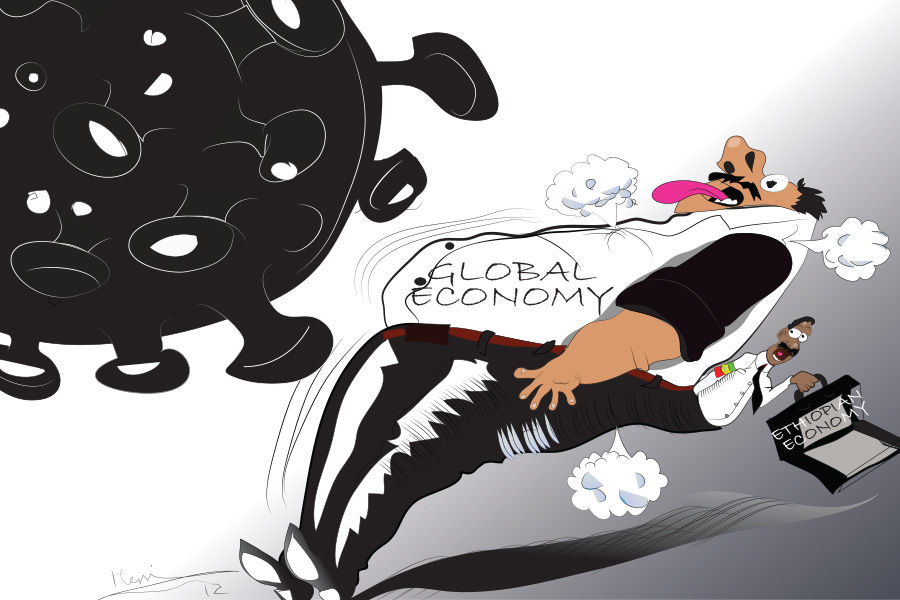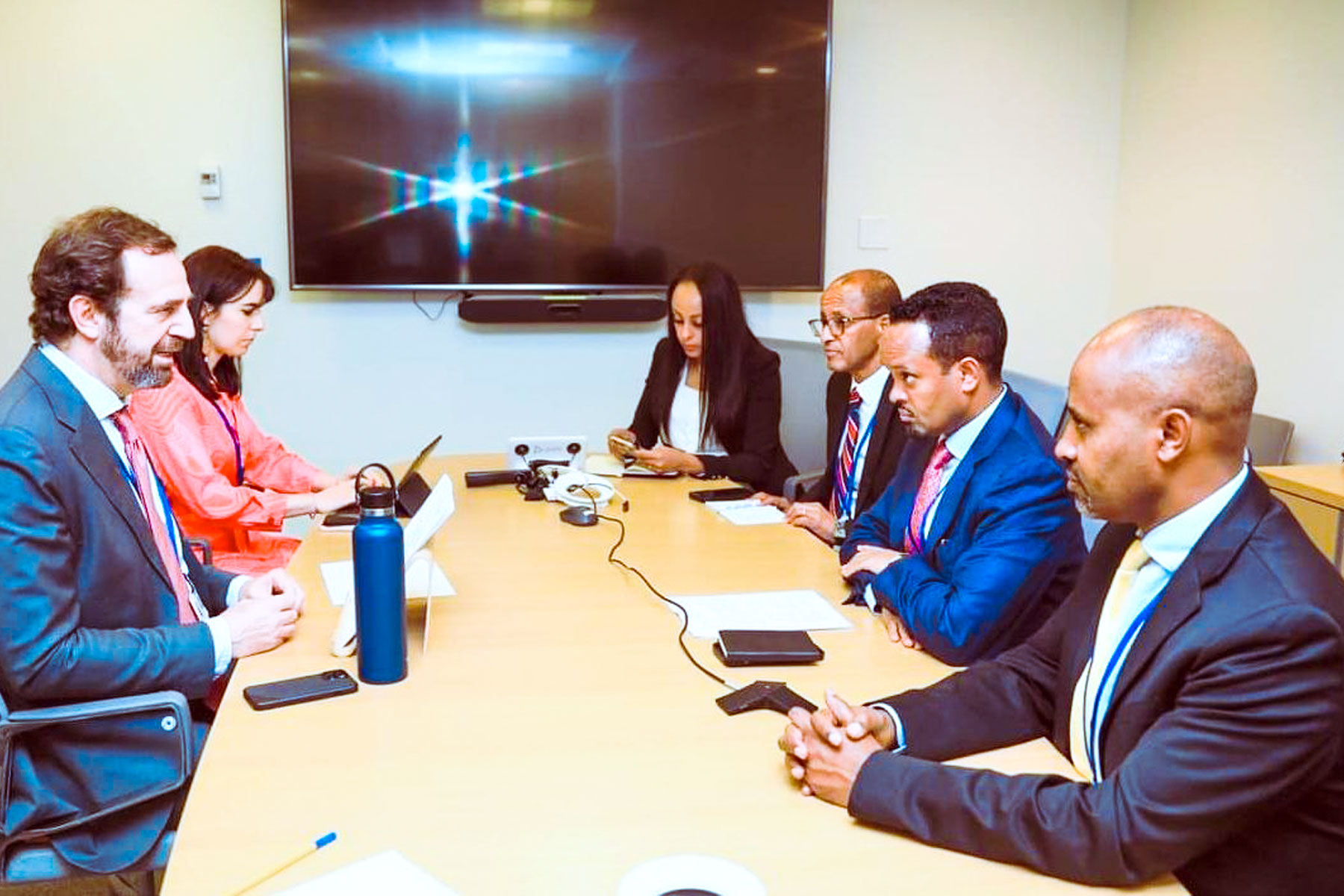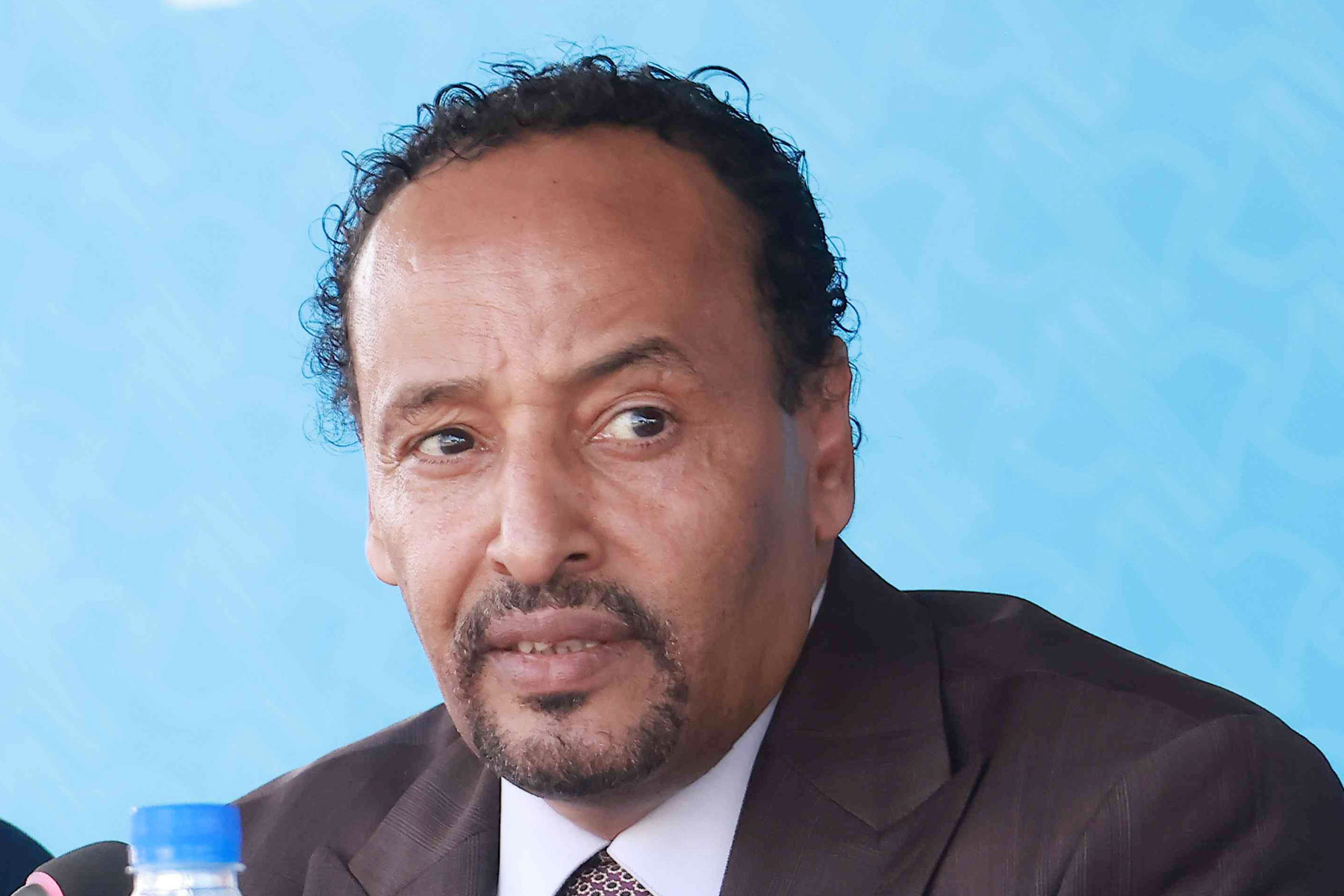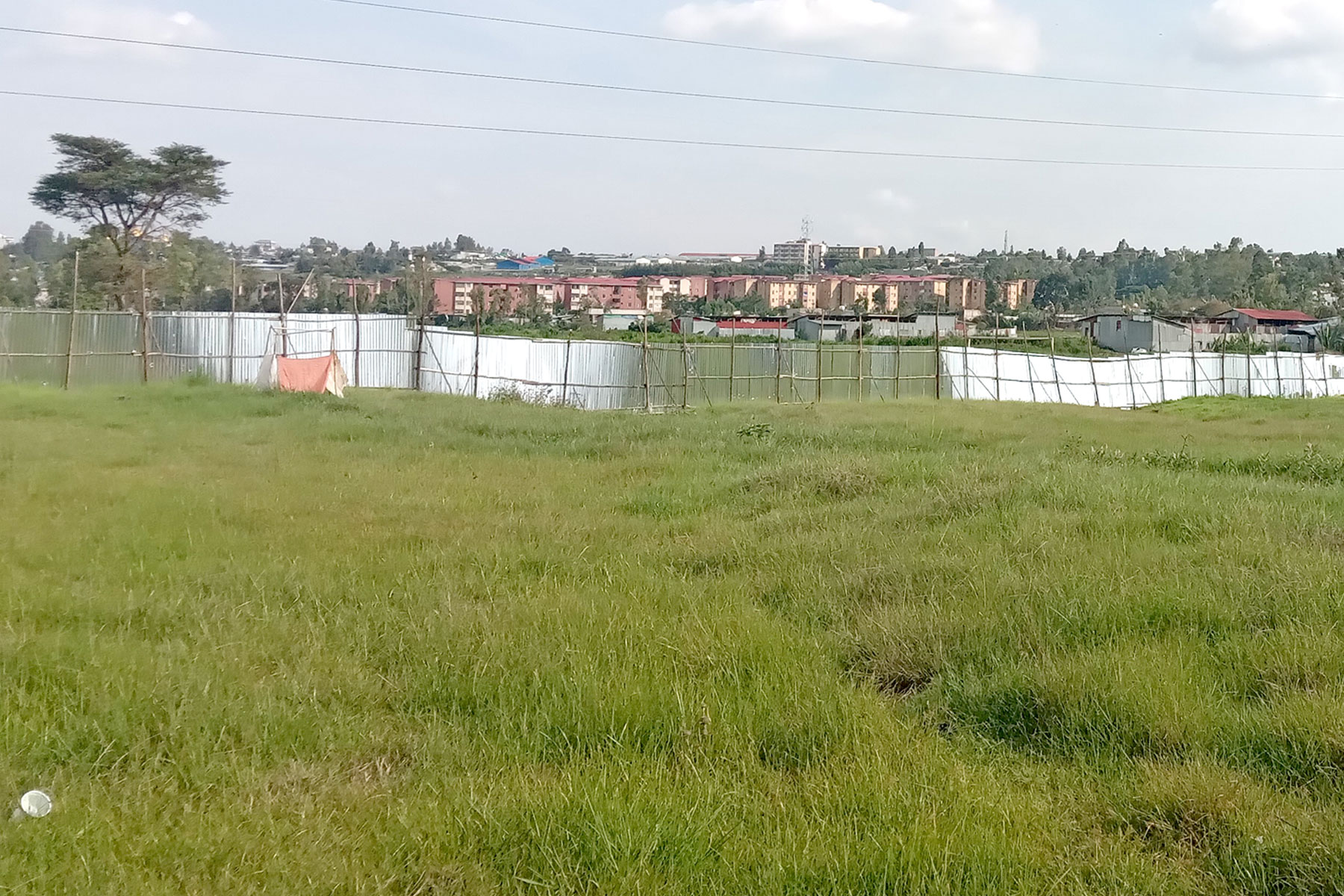
Nov 27 , 2018
By
Neo-classical economics, with its different forms and scope and with market and trade liberalisation at its core, has been the dominant economic theory since the first industrial revolution. Despite all its inherent theoretical and practical limitations, it has been successful in driving economic growth in some parts of the world.
It has also been key in the globalisation of national economies in the second half of the 20th century. In recent decades, however, its dominance was significantly challenged by prominent economists, including some Nobel Laureates in Economics.
The challenge took a new dimension and scope with the growing inequality observed within and between countries as its trickle-down effect failed miserably. This has been mainly caused by the exclusive focus on economic growth as measured by the growth rate of gross domestic product (GDP).
The emergence of global environmental challenges, such as climate change and biodiversity loss, has also been another source of challenges faced by the dominant economic thinking. This was again mainly caused by its principle of externalising all costs related to environmental pollution and degradation.
Since independence from European colonial powers, international development organisations led by the World Bank and the International Monitory Fund have been at the forefront of promoting and stipulating neo-classical economic principles of market and trade liberalisation on African countries.
The infamous structural adjustment programs that were imposed by these institutions in the 1970s and 80s led to extensive socio-economic havoc in many African countries. Despite the enormous effort made by these organisations and the stated commitment of successive African governments to laissez-faire market economies, not a single African country that took a Bretton Woods’ prescription succeeded in becoming a developed or a transitional economy.
As it was eloquently stated by the prominent Pan-Africanist and Kenyan Lawyer P.L.O. Lumumba, what we have in the region is more of a “voodoo economics,” which is an African version of neo-classical economics. Hence, we saw for decades economies that are either in shambles or seemed to be developing but are under state capture, benefiting a small group of people.
Experiences of the last half a century have clearly shown that neither neo-classical economics nor its African version, “voodoo economics,” helped Africans to achieve an economic development that meets the needs of their people.
Today, Africa is faced with multitudes of economic, social and environmental issues which have made the development challenges more complex. These challenges are expected to be further aggravated in the coming decades as a result of the extremely high rates of population growth coupled with an increasing percentage of youth.
In this context, African countries and their development partners need to recognise that existing and emerging socio-economic challenges could not be resolved with the same approaches and prescriptions of the twentieth century. That is why it is important for African countries to channel their effort toward the development of a “well-being economy” that responds to the reality of the region.
A well-being economy is an economy that strives for the continuous fulfillment of basic human needs and aspirations of its people within the limits and possibilities of its resources and available external opportunities. This would require deploying a national development strategy that is home-grown and organic but at the same time adaptive to global dynamics.
It also requires governance mechanisms that are equipped with transformative leadership that is based on adaptive learning and inclusivity. A well-being economy addresses both the distributive and participatory justice of its people through their active involvement in the planning and management of the development process.
Progress toward a well-being economy is measured by actual and perceived improvement in the well-being of its people rather than solely relying on the growth rate of GDP and foreign direct investment. Achieving this would require the development of distributed local economy networks in combination with national backbone industries that are low-carbon and resource efficient.
Its primary operational objectives would be job creation and value addition at the local level, which are extremely crucial for African countries. Such an economy also recognises the critical importance of maintaining the well-being of the natural ecosystem as the foundation for the fulfillment of its developmental objectives on a sustainable basis.
In essence, the Well-being economy provides a fundamentally new vehicle for the effective implementation of Agenda 2030 on sustainable development goals with a qualitatively higher outcome. Hence, it is time for African leaders and policymakers to provide the creative space for the development of a Well-being economy in Africa rather than continuing with the same versions of ‘voodoo economics’ and expect a different outcome.
PUBLISHED ON
Nov 27,2018 [ VOL
19 , NO
970]

Commentaries | Jul 03,2021

Editorial | Mar 14,2020

Viewpoints | Dec 30,2023

Commentaries | Aug 17,2019

Commentaries | Aug 08,2020

Viewpoints | Feb 12,2022

Commentaries | Feb 24,2024

Editorial | Oct 28,2023

Viewpoints | Dec 24,2022

Commentaries | Jan 27,2024

Photo Gallery | 96527 Views | May 06,2019

Photo Gallery | 88808 Views | Apr 26,2019

My Opinion | 67130 Views | Aug 14,2021

Commentaries | 65749 Views | Oct 02,2021

Feb 24 , 2024 . By MUNIR SHEMSU
Abel Yeshitila, a real estate developer with a 12-year track record, finds himself unable to sell homes in his latest venture. Despite slash...

Feb 10 , 2024 . By MUNIR SHEMSU
In his last week's address to Parliament, Prime Minister Abiy Ahmed (PhD) painted a picture of an economy...

Jan 7 , 2024
In the realm of international finance and diplomacy, few cities hold the distinction that Addis Abeba doe...

Sep 30 , 2023 . By AKSAH ITALO
On a chilly morning outside Ke'Geberew Market, Yeshi Chane, a 35-year-old mother cradling her seven-month-old baby, stands amidst the throng...

Apr 20 , 2024
In a departure from its traditionally opaque practices, the National Bank of Ethiopia...

Apr 13 , 2024
In the hushed corridors of the legislative house on Lorenzo Te'azaz Road (Arat Kilo)...

Apr 6 , 2024
In a rather unsettling turn of events, the state-owned Commercial Bank of Ethiopia (C...

Mar 30 , 2024
Ethiopian authorities find themselves at a crossroads in the shadow of a global econo...

Apr 20 , 2024
Ethiopia's economic reform negotiations with the International Monetary Fund (IMF) are in their fourth round, taking place in Washington, D...

Apr 20 , 2024 . By BERSABEH GEBRE
An undercurrent of controversy surrounds the appointment of founding members of Amhara Bank after regulat...

An ambitious cooperative housing initiative designed to provide thousands with affordable homes is mired...

Apr 20 , 2024 . By AKSAH ITALO
Ethiopia's juice manufacturers confront formidable economic challenges following the reclassification of...